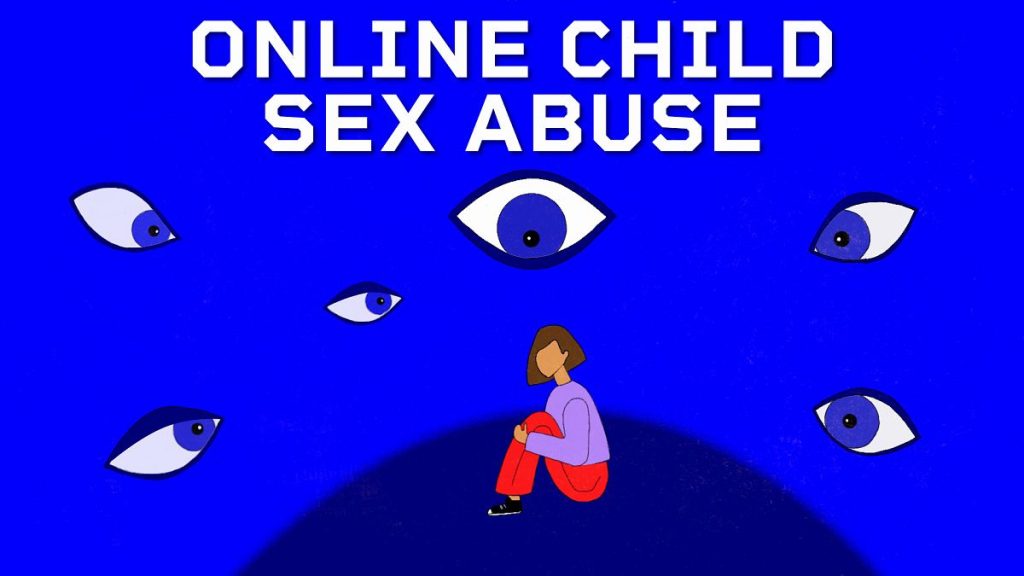Child sexual abuse, a pervasive and escalating global issue, has found a fertile breeding ground in the anonymity and accessibility of the internet. This digital frontier, while offering numerous benefits, has simultaneously created new avenues for perpetrators to exploit and abuse children, posing significant challenges to law enforcement and child protection agencies. The European Union, recognizing the urgent need for intervention, is grappling with the complex task of revising its legislative framework to effectively combat this evolving threat while simultaneously safeguarding fundamental rights, particularly data privacy. The crux of the issue lies in balancing the imperative to protect children with the potential ramifications of intrusive surveillance measures.
Current estimates suggest a staggering one in five children fall victim to sexual abuse, both online and offline. While EU member states have made some strides in criminalizing these acts by the end of 2024, a crucial element remains unresolved: the regulation of online image sharing. This critical aspect has stalled due to concerns over its potential infringement on data privacy rights, highlighting the inherent tension between combating crime and protecting individual liberties. The EU is currently navigating two distinct yet interconnected legislative paths. The Child Sex Abuse Directive aims to explicitly define online offenses such as livestreaming abuse and sharing pedophilic material, including AI-generated content. Concurrently, the Child Sex Abuse Material Regulation seeks to impose obligations on online service providers, particularly those offering chat and messaging services, where these crimes frequently occur.
The proposed regulation mandates the detection and removal of child sexual abuse material by social media and messaging platforms, coupled with mandatory reporting to a newly established EU center. This includes the controversial proposition of scanning encrypted messages, traditionally considered a bastion of private communication. This measure has ignited a fierce debate, pitting child protection advocates against privacy proponents. The central question revolves around the efficacy and ethical implications of accessing encrypted communications, a debate that highlights the complexities of balancing security and freedom in the digital age.
The controversy surrounding accessing encrypted messages, particularly within platforms like WhatsApp and Signal, forms the epicenter of this debate. Proponents argue that access is crucial, citing the alarming statistic that two-thirds of messages containing child sexual abuse material are shared through private messaging services. They emphasize the need to address this critical area where the crime proliferates, advocating for comprehensive measures that leave no digital space unchecked. Conversely, privacy advocates caution against the potential for governmental overreach and mass surveillance. They argue that breaking encryption technology, even with the noble intention of protecting children, could inadvertently create vulnerabilities exploitable by malicious actors, jeopardizing not only individual privacy but also the security of sensitive data, including financial transactions and confidential communications.
Experts on encryption largely concur that creating backdoors, even for law enforcement purposes, is a dangerous precedent. They warn that such measures could undermine the very foundations of secure online communication, impacting a wide range of activities, from banking transactions to secure data storage. The potential for these backdoors to be exploited by hackers or authoritarian regimes underscores the need for a nuanced approach that doesn’t sacrifice long-term security for short-term gains. This delicate balancing act requires careful consideration of the potential consequences of each action, ensuring that the pursuit of one vital goal doesn’t inadvertently compromise another.
The urgency of finding a viable solution is further underscored by the impending expiration of an existing exemption to privacy rules. This exemption, which allows online providers to voluntarily detect, report, and remove child sexual abuse material, is set to expire in April 2026. This deadline adds considerable pressure to the ongoing negotiations, requiring a swift resolution that effectively addresses the issue while respecting fundamental rights. With Poland holding the EU Council presidency during the first half of 2025, the nation will play a pivotal role in steering these crucial discussions. The outcome of these negotiations will significantly impact the future of online safety and privacy, shaping the EU’s approach to combating child sexual abuse in the digital age.










